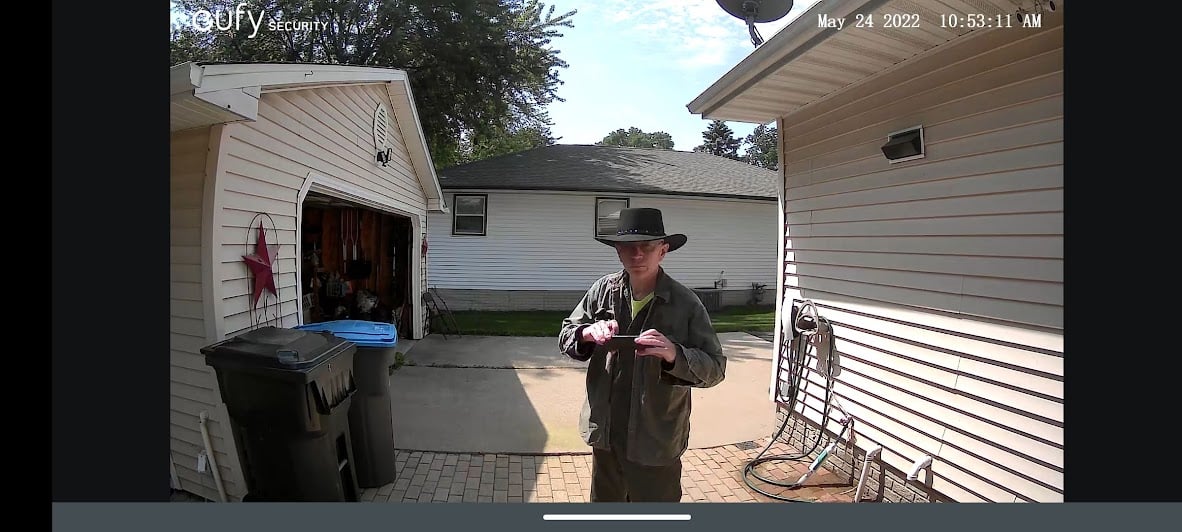I have had an entangled memory breakthrough and it wasn’t nice.
This was a good read, though I understand very little of it. Still, it’s exciting to imagine what possibilities this will allow and what potential needs it could fulfill. Anyone have some insight they’d like to share?
Quantum internet is way overhyped and likely will never exist. There are not only no practical benefits to using QM for internet but it has huge inherent problems that make it unlikely to ever scale.
- While technically yes you can make “unbreakable encryption” this is just a glorified one-time cipher which requires the key to be the same length of the message, and AES256 is already considered unbreakable even by quantum computers, so good luck cutting your internet bandwidth in half for purely theoretical benefits that exist on paper but will never be noticeable in practice!
- Since it’s a symmetric cipher it doesn’t even work for internet communication unless you have a way to distribute keys, and there is something called quantum key distribution (QKD) based around algorithms like BB84. However, this algorithm only allows you to guarantee that you can exchange keys without anyone snooping in on it being undetected, but it does not actually stop them from snooping in on your key like Diffie-Hellman achieves. Meaning, a person can literally shut down the entire network traffic just by observing the packets in transit without having to even do anything to do them. How can the government and private companies possibly build an internet whereby you guarantee nobody ever looks at packages as they’re transmitted through the network?
- QKD is also susceptible to man-in-the-middle attacks just like Diffie-Hellman, which we solve that problem in classical cryptography with digital signature algorithms. There are quantum digital signature algorithms (QDS) but they rely on Holevo’s theorem which says that the “collapse” is effectively a one-way process and only limited amount of information can be extrapolated from it, and thus you cannot derive the qubit’s initial state simply by measuring it. The problem, however, is Holevo’s theorem also says if you had tons of copies of the same qubit, you could derive even more information from it. Meaning, all public keys would have to be consumable, because making copies of them would undermine their security, and this makes it just not something that can scale.
And all this for what? You have all these drawbacks for what? Imagined security benefits that you won’t actually notice in real life? Only people I could ever see using this are governments that are hyperparanoid. A government intranet could be highly controlled, highly centralized, and not particularly large scale by its very nature that you don’t want many people having access to it. So I could see such a government getting something like that to work, but there would be no reason to replace the internet with it.
Well, with quantum internet, your browser history will exist in a superposition of both cleared and full of porn, each moment when showing someone your screen will be filled with tension. The only way out of that tension will be either to collapse the function by butt fucking, or inquire the state of their browser history.
I need to unread this.
Mostly secure key exchange via quantum key distribution. QKD automatically detects eavesdropping and can thereby guarantee a secure key exchange based on fundamental physics. That’s basically it.
So, superior security then? Seems good.
Yes, physically secure key exchange, but at Tage same time mist progress also correlates with progress in quantum computing and quantum attacks on classical crypto and most key security problems are not due to transport attacks. But its a good thing.
And then it gets weakened because they fear the “going dark” yet again.




